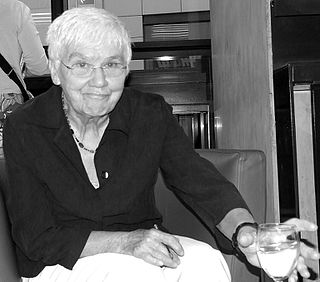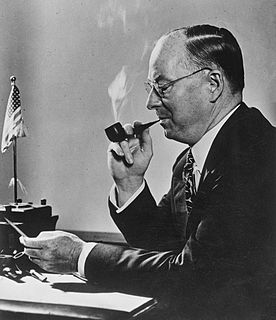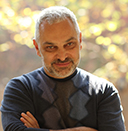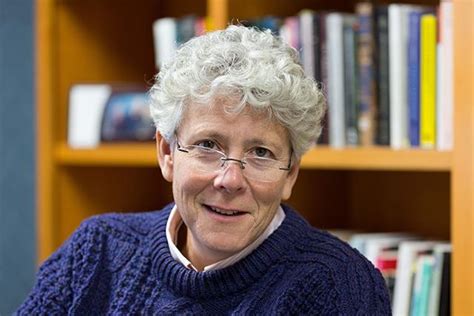A Quote by Michelle Yeoh
When you face up to bad things in the past, the most important thing is not to allow them to happen today or in the future, and as storytellers, we must play our part in that.
Related Quotes
We are all affected by five things. But the most important thing that affects us is our dreams--our ability to see the future. But here's why we don't reach into the future. We're trapped either by regret of the past or the routine of the present. So make sure that the greatest pull on you is the pull of the future.
Global warming is not only the number one environmental challenge we face today, but one of the most important issues facing all of humanity... We all have to do our part to raise awareness about global warming and the problems we as a people face in promoting a sustainable environmental future for our planet.
We must drop the idea that change comes slowly. It does ordinarily - in part because we think it does. Today changes must come fast; and we must adjust our mental habits, so that we can accept comfortably the idea of stopping one thing and beginning another overnight. We must discard the idea that past routine, past ways of doing things, are probably the best ways. On the contrary, we must assume that there is probably a better way to do almost everything. We must stop assuming that a thing which has never been done before probably cannot be done at all.
Expectations are usually predicated on the idea that the everyday things that happen to ordinary people shouldn't happen to you. People hold the idea of being ordinary in absolute contempt, so when they face an illness, poverty, or any kind of catastrophe, they say, "I can't believe this happened to me." And who did you think it was going to happen to - the woman across the street? It makes them think, "I must be on the wrong path." But what if something you thought was bad was the best thing that ever happened to you? What if that was part of your path?
It seems to me that the dedication of a library is an act of faith. To bring together the resources of the past and to house them in buildings where they will be preserved for the use of men and women in the future, a nation must believe in three things. It must believe in the past. it must believe in the future. It must, above all, believe in the capacity of its own people so to learn from the past that they can gain in judgment in creating their own future.
We must be ready to allow ourselves to be interrupted by God... It is a strange fact that Christians and even ministers frequently consider their work so important and urgent that they will allow nothing to disturb them. They think they are doing God a service in this but actually they are disdaining God's "crooked but straight path". It is part of the discipline of humility that we must not spare our hand where it can perform service and that we do not assume that our schedule is our own to manage, but allow it to be arranged by God.
The Past is dead, and has no resurrection; but the Future is endowed with such a life, that it lives to us even in anticipation. The Past is, in many things, the foe of mankind; the Future is, in all things, our friend. In the Past is no hope; The Future is both hope and fruition. The Past is the text-book of tyrants; the Future is the Bible of the Free. Those who are solely governed by the Past stand like Lot's wife, crystallized in the act of looking backward, and forever incapable of looking before.



































